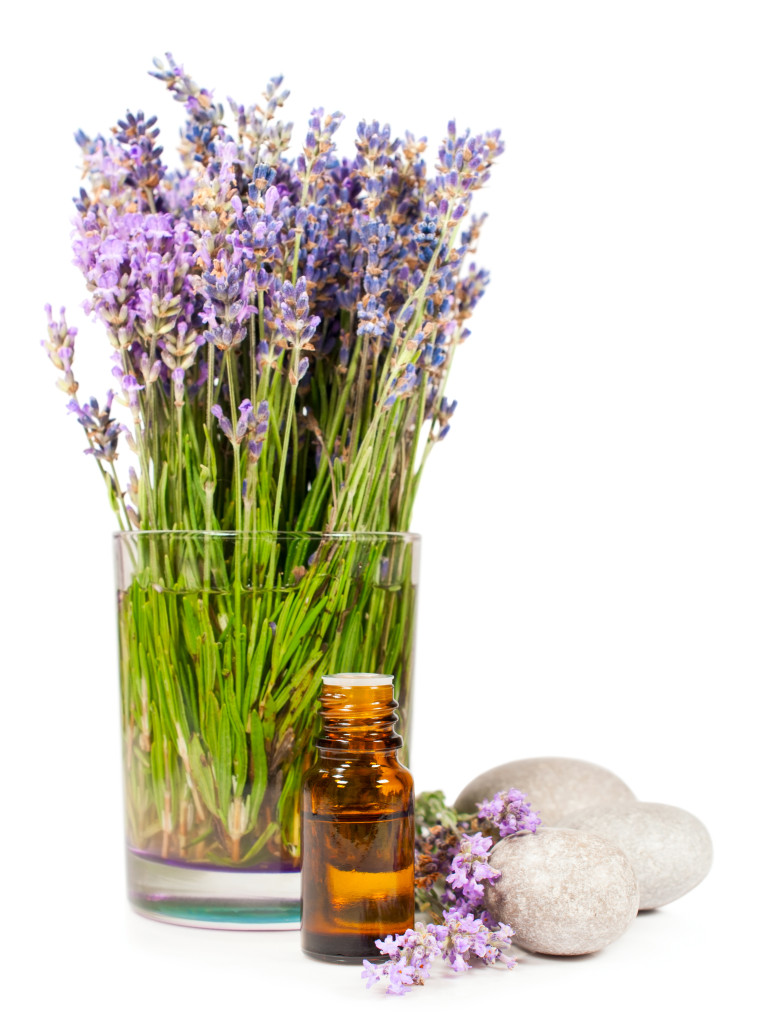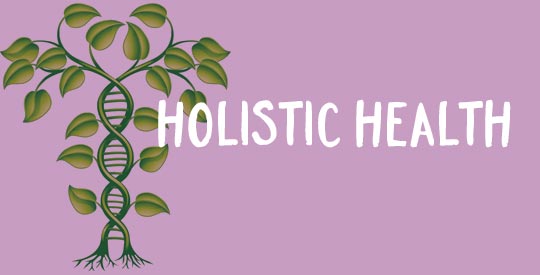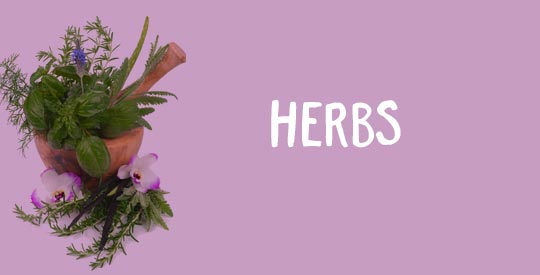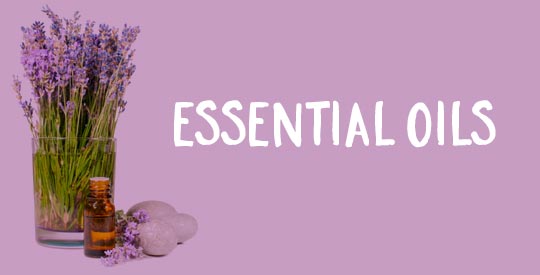Heather has studied the clinical use of essential oils at the Master’s level. Essential oils are the plant kingdom’s most powerful form of medicine, as they are highly concentrated. As with all strong plant medicine, they deserve special consideration and safety protocols. Only pharmaceutical grade, therapeutic quality essential oils are used in the customized specialty blends created for each client. It is imperative to know the botanical purity of an oil, as well as confirm it has not been altered in any way before formulating product for therapeutic use.
Aromatherapy has been used for thousands of years and could be considered the simplest of all complementary therapies as it is quite easy to inhale an aroma. However the clinical use of essential oils is far from simple and should only be used under the advice of a qualified healthcare practitioner. It is only more recently, particularly in the last 10 years, that the clinical use of essential oils has become more commonplace. So much so that forward thinking hospitals in the United States are now successfully implementing blends like Thieves to combat highly resistant strains of bacteria (such as Methicillin-resistant Staphylococcus aureus or MRSA). Blends like these are available through Heather’s Holistic Healing.
Special Considerations
Please be aware that certain essential oils are contraindicated with certain pharmaceuticals and health issues. Please contact Heather for custom blends and individualized guidance.
Therapeutic Essential Oil Safety Tips
- Do not take essential oils internally unless under the guidance of a licensed healthcare practitioner
- Always dilute before applying to the skin
- Keep out of reach of children
- Avoid contact with eyes and mucous membranes (if an accident occurs, wash eye with milk)
- Do not use on infants, children, women in pregnancy or lactation, and elders without advanced medical study
- Patch testing is advisable
- If irritation occurs, discontinue use
- Store oils properly (in cool, dark place, tightly capped) to avoid rancidity
- Some essential oils are phototoxic (mainly citrus oils) and should be avoided prior to exposure to UV light
- Never administer more than the recommended dose
- Do not use more than a few drops in a bath (dependent upon the oils) and always mix with a carrier such as milk, bath salts, olive oil, etc., first
- Custom blends have a shelf life of at least 1 year if stored properly
“Essential oils offer extraordinary potential from a purely medicinal standpoint, and the recent studies on MRSA and human subjects show just how powerful they can be. That an essential oil can be effective against resistant organisms IS medicine indeed…the strength of clinical aromatherapy is that it offers care as well as, in some instances, cure. This is of particular relevance in the field of chronic pain where the perception of pain can be altered using smell and touch.” ~by Mehmet Oz, in the foreword obtained from Clinical Aromatherapy: Essential Oils in Practice by Jane Buckle




